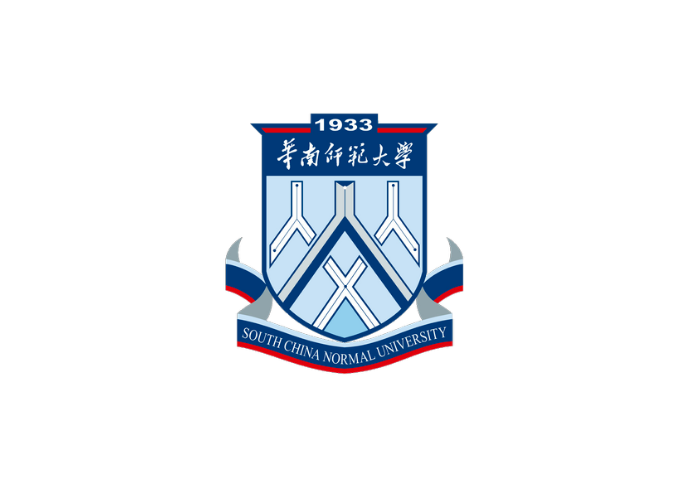South China Normal University
South China Normal University is an institution of higher education with a long history and a rich legacy. Originally known as Guangdong Provincial Xiangqin Normal College, South China Normal University (SCNU) was founded in 1933. In 1996, it became a member of “Project 211”, a national project aiming to establish 100 well-acknowledged key universities and colleges in China. 2015 saw the co-construction of SCNU by the Guangdong Provincial Government and Ministry of Education as well as its entry into the Guangdong High-Level University Sponsoring Project. In 2017, SCNU became a member of the National Sponsoring Project for World-Class Disciplines Construction. SCNU now boasts three campuses, namely Shipai Campus, University Town Campus and Nanhai Campus, with a total school area of over two hundred hectares and a total floor space of over one million square meters, housing a collection of over 3.7 million books.
IEEE and DRAA, the Digital Resource Acquisition Alliance of Chinese Academic Libraries, have entered into an open access read and publish agreement. This agreement makes it more convenient for corresponding authors to publish open access articles with IEEE’s industry leading journals and magazines as eligible authors pay reduced article processing charges (APCs) and may have the opportunity to pay no APCs as some of these costs are waived under the agreement.

